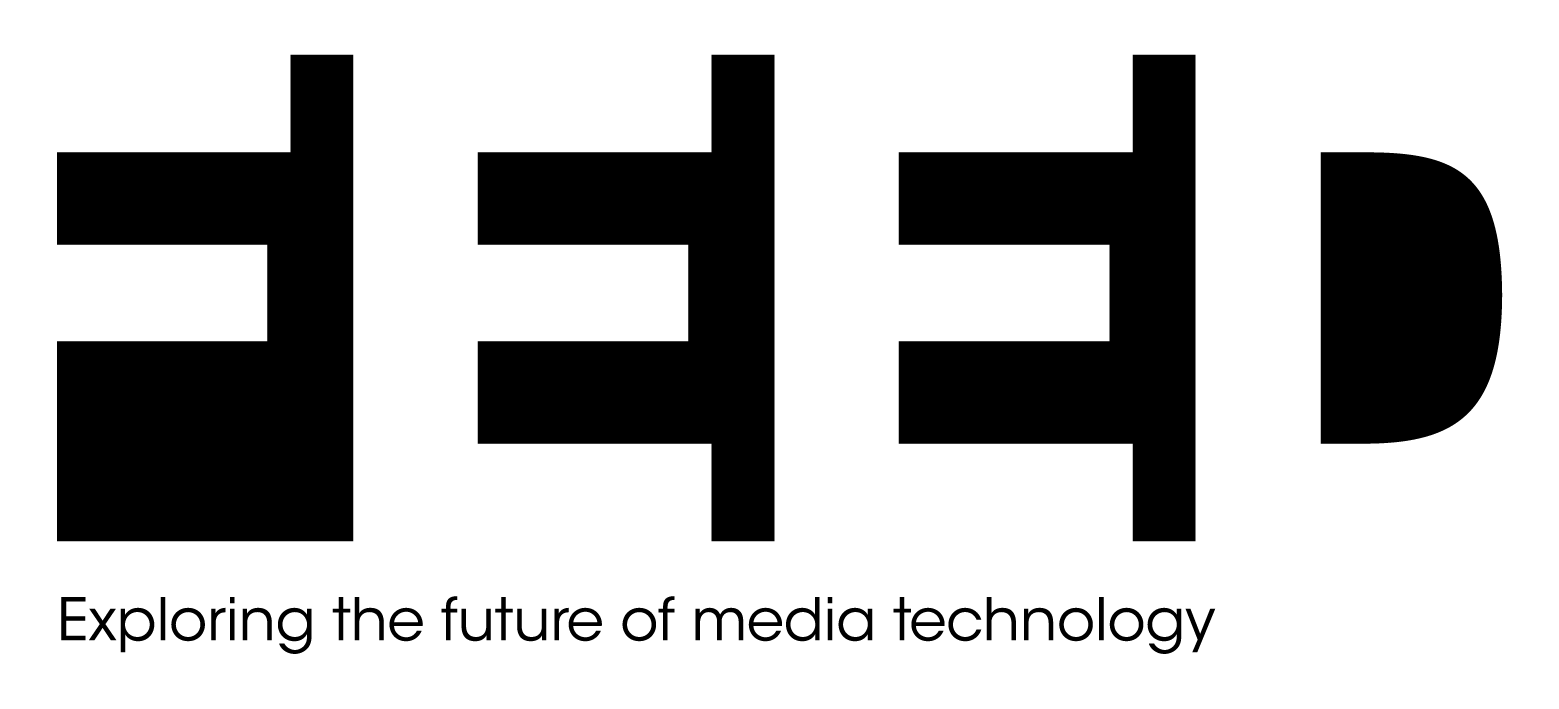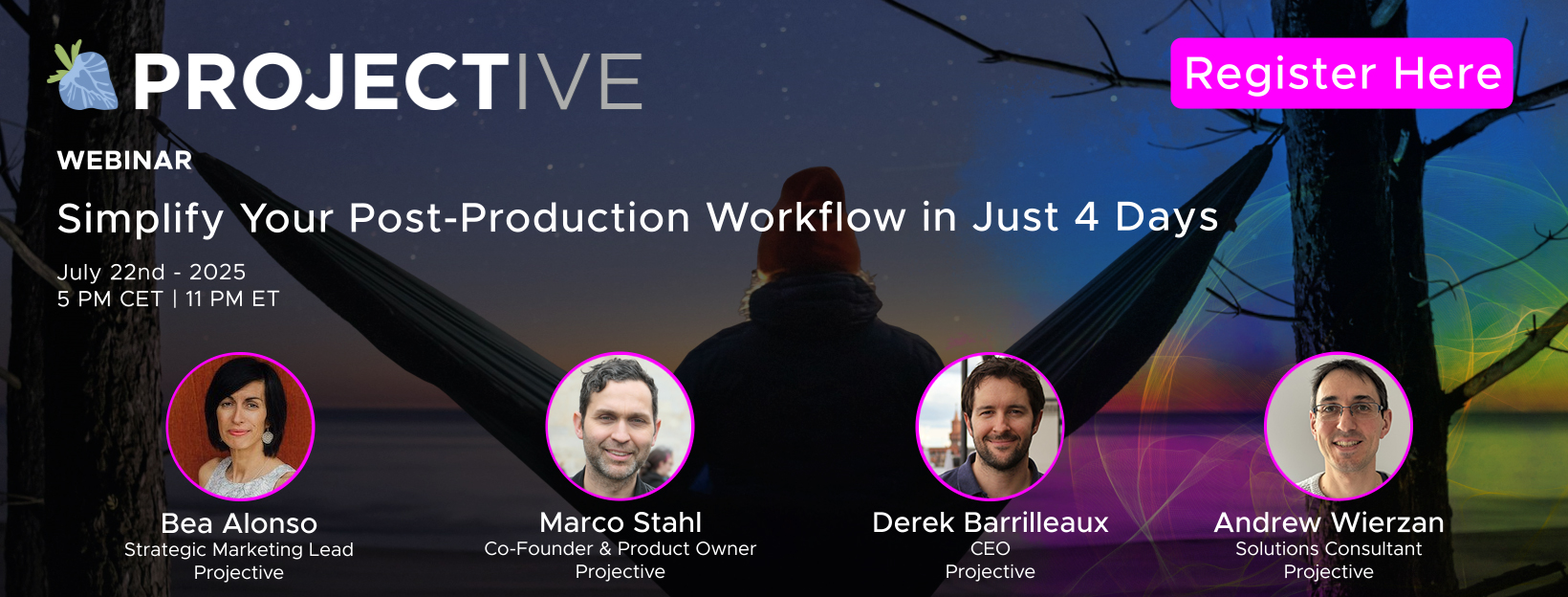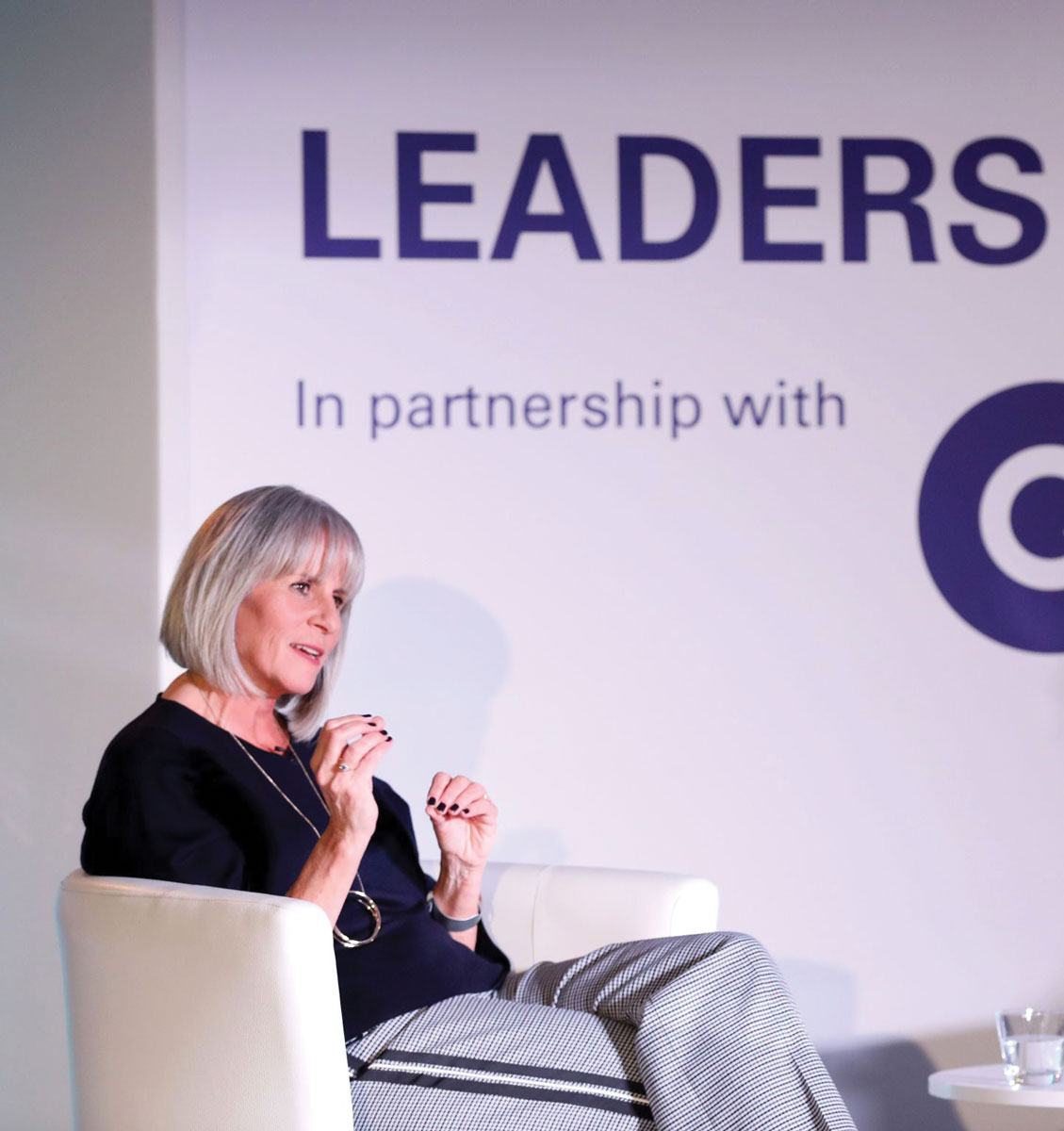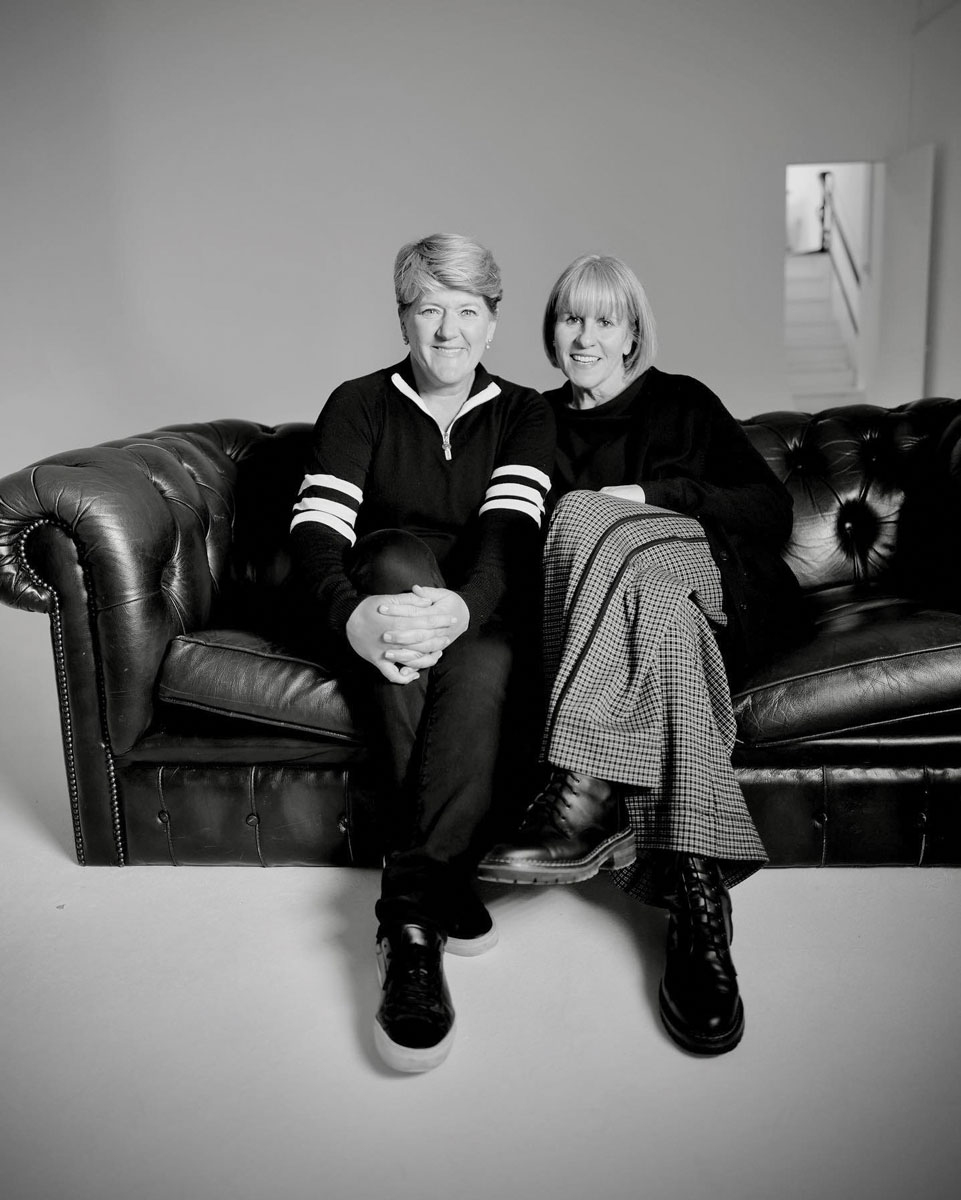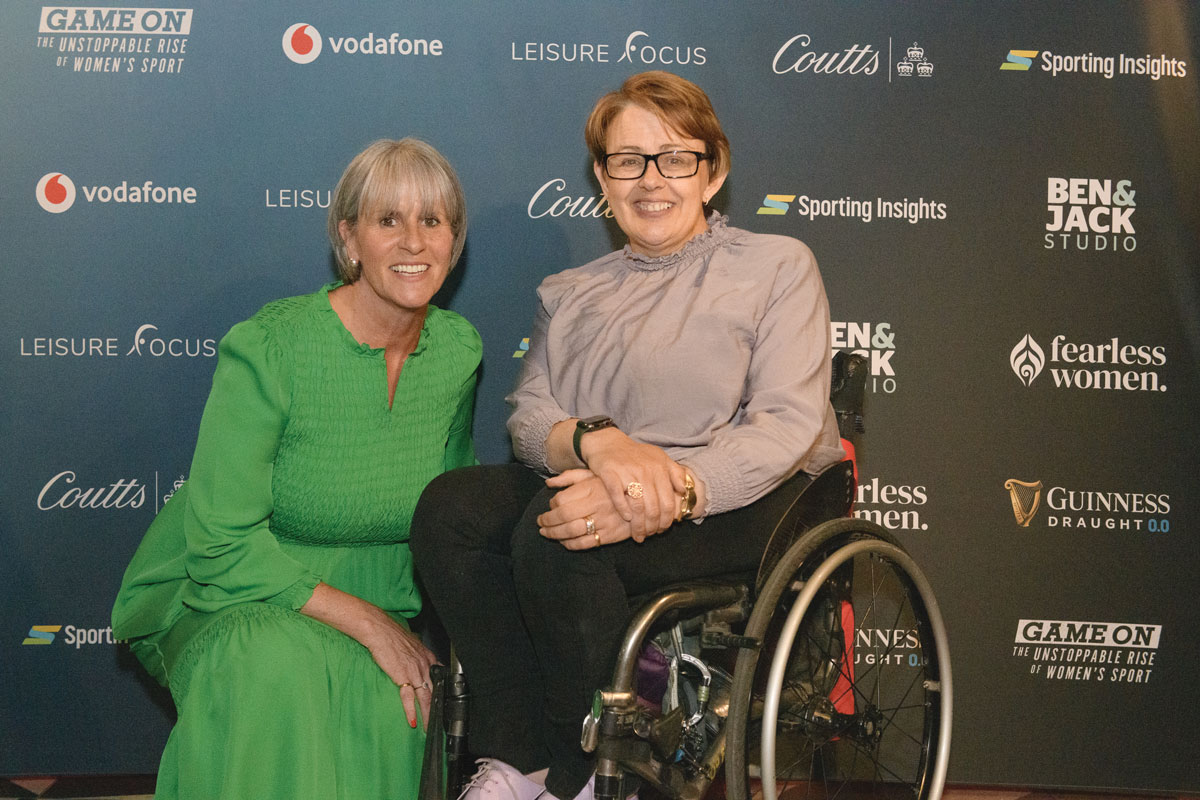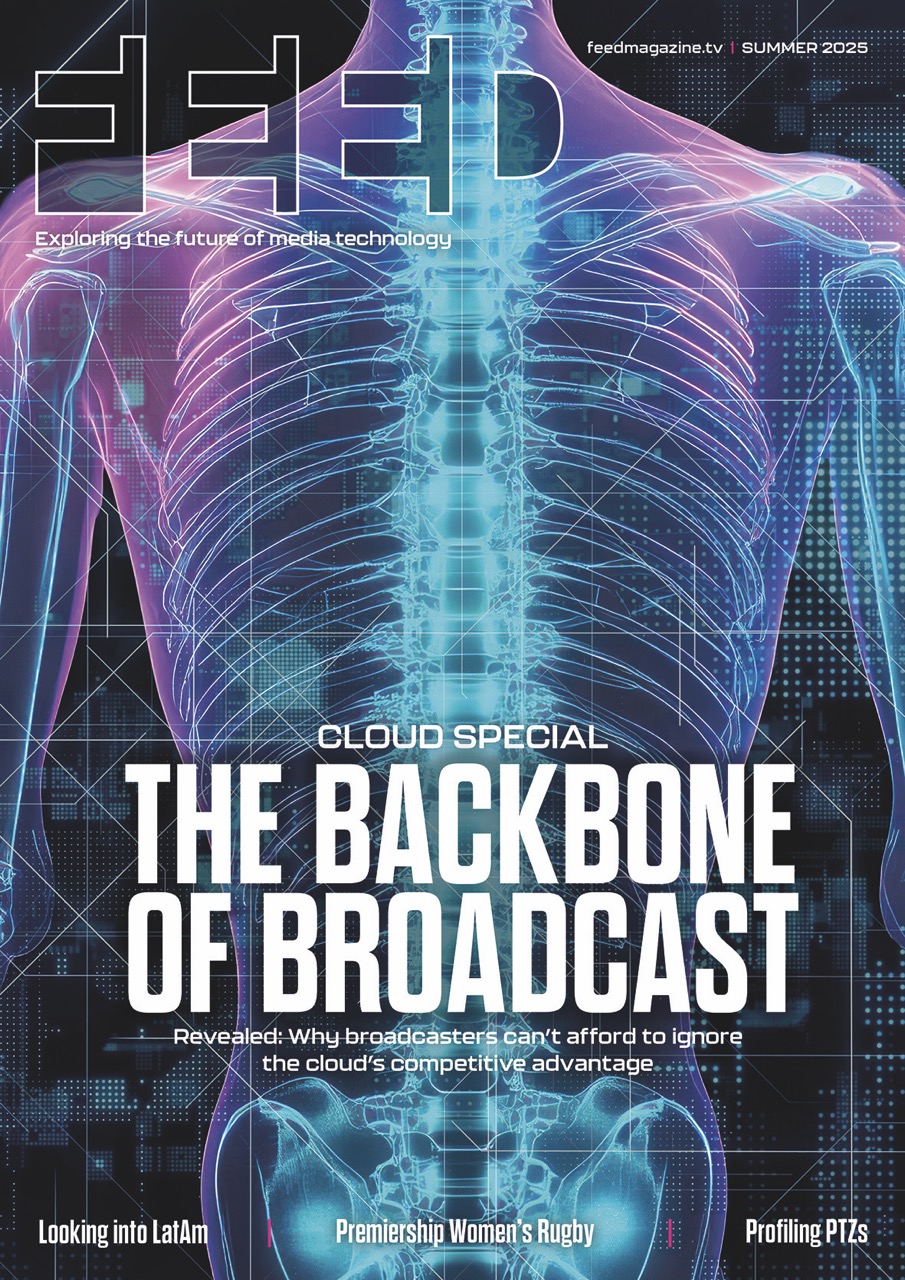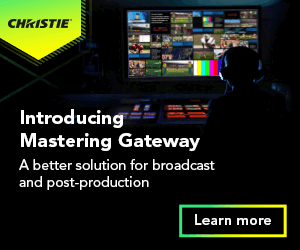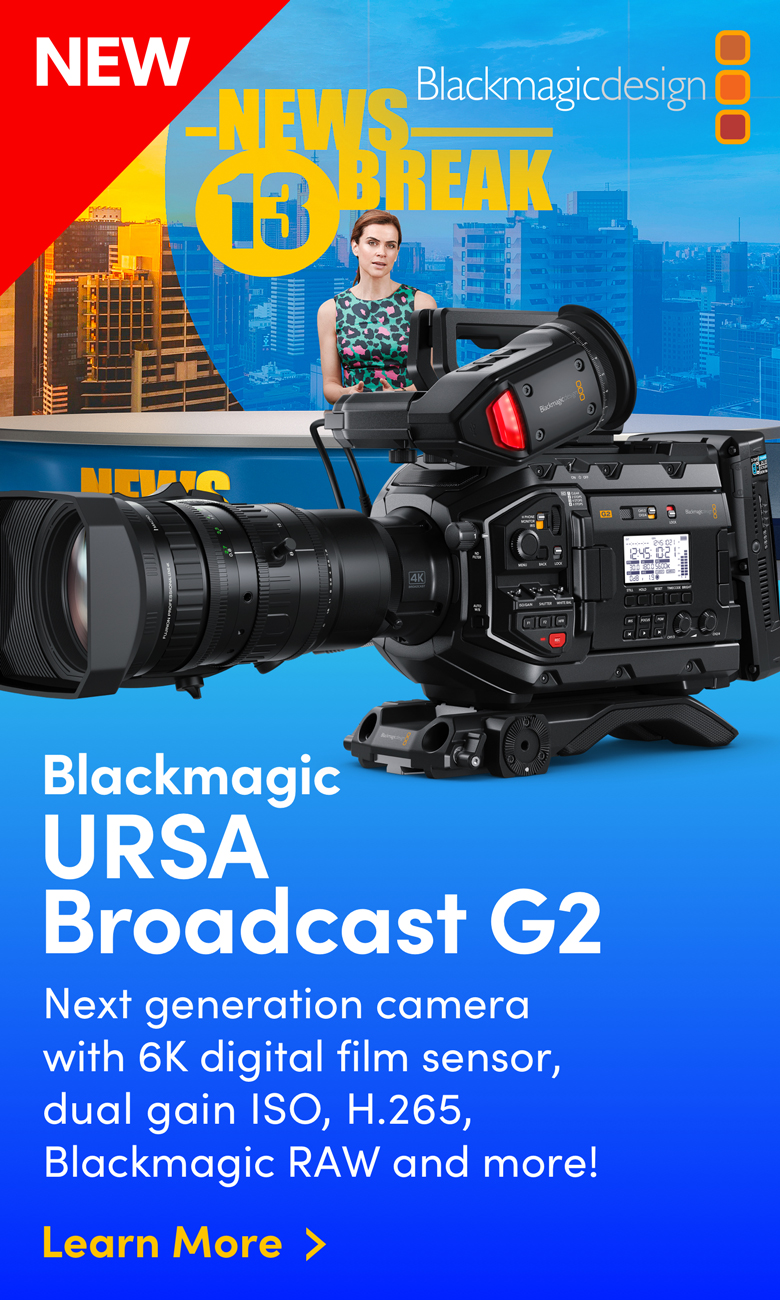Genius Interview: Sue Anstiss MBE
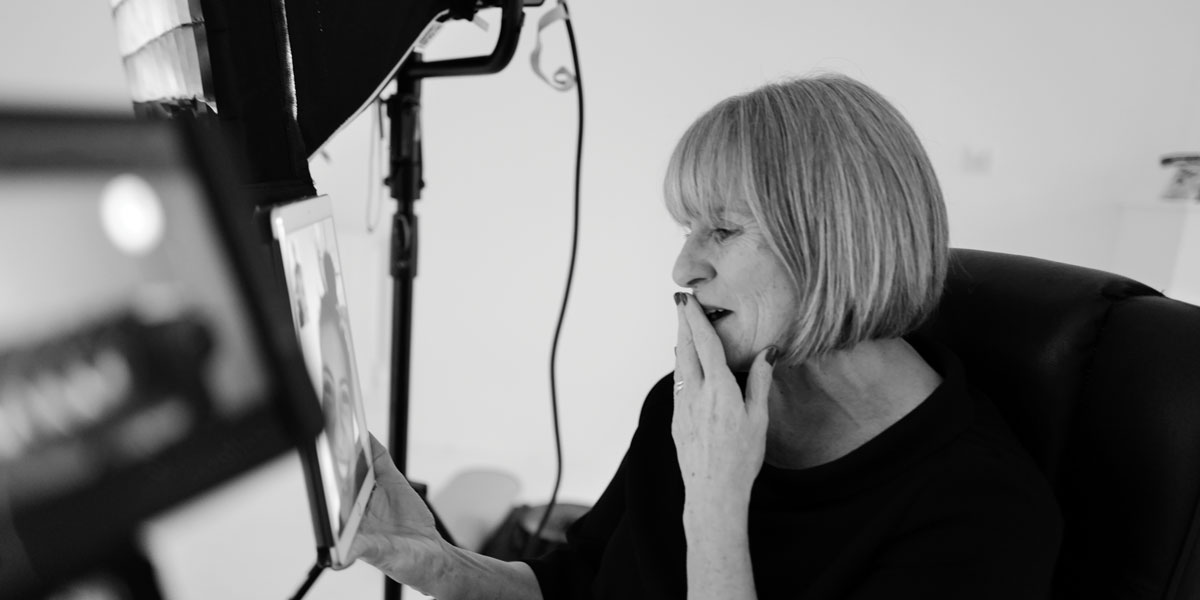
Posted on Nov 24, 2023 by FEED Staff
FEED learns all about the journey of Sue Anstiss and her powerful mission to help accelerate the unstoppable growth of women’s sport, from trustee, to podcast host and documentary maker
As a founding trustee of the Women’s Sport Trust, co-founder of Women’s Sport Collective, podcast host, published author and documentary producer, Sue Anstiss has truly nailed the art of sending meaningful messages through multimedia formats. FEED learns all about her story – and her powerful mission to help accelerate the unstoppable growth of women’s sport.
FEED: Could you start by telling us your experience up until founding the Women’s Sport Trust – and how you got involved with women’s sport in the first place?
SUE ANSTISS: I came from a very active family, which meant I played sport to a pretty high level growing up. My first job actually working in sport was when I worked for Gatorade, within sports sponsorship companies where I first started. Then I launched and ran a sports PR agency for 25 years.
Through communications, storytelling has always been my space in the world of sport.
I initially got involved in the Women’s Sport Trust as a founding trustee in 2012, which was probably the moment when I realised the true inequalities across sport.
I think it had been building for years before that, but that was the moment when I met other women and realised they had a real passion to drive equality through sport. This was a really key point in time for me.
FEED: What was it like to set up your own PR agency?
SUE ANSTISS: I was about 26 or 27 and working for Quaker Oats – which at the time owned Gatorade – doing sports sponsorship and marketing, up until I was made redundant. It was around 1993, and at the time redundancy wasn’t all that common. It was a real shock as a young person – I was in a lovely career doing sports marketing and sponsorship and really enjoying what I did.
So then I took a risk, and set up in my back bedroom at home. Gatorade was actually one of my first clients and it all blew up from there. My colleagues at the time always said that I was so brave to go off on my own, but I didn’t really have an alternative. I thought if it did not work out, then I would just go and get another job.
For ten years or so, we focused primarily on fitness – with the sector rapidly growing and brands like David Lloyd and Fitness First emerging. Then, in the last 15 years, it started to morph into grassroots for women’s sports.
FEED: What are some of the biggest issues faced by women in the sporting landscape?
SUE ANSTISS: Sadly, in this incredibly capitalist society, a lot of what we’re facing is incumbent of what has happened over the last 150 years or so. It’s about overturning those inequalities.
But, right here and now in the women’s sports landscape, you could look at the two world cups that took place this year: the Netball World Cup and the Football World Cup. Both demonstrated inequality
in terms of pay, equal prize money, contracts, conditioning support, facilities and kit – all of those areas lack investment. There’s also still a lesser media coverage – it has massively increased but it’s still not enough.
We have to look at these issues all the way down to girls in school playgrounds having access to sports, through to clubs and teams as teenagers – the inequality exists in every single part of a woman’s sporting journey.
What’s really exciting is that, in the last two or three years, we are finally seeing proof of something we’ve always known – people are in fact interested in women’s sport. And they do want to watch it. We’re seeing massive crowds and huge viewing figures, as well as new people coming into women’s sport, including sponsors. Things are shifting, but it’s how that permeates across the whole landscape.
FEED: Plenty of projects in the broadcast-tech landscape are encouraging women into technical and engineering roles. Are there similar programmes in place in the sports space?
SUE ANSTISS: Lots of national governing bodies, sports leagues and teams are doing work. The FA has done a huge amount, as well as England Rugby.
The work with the Women’s Sport Collective is all about encouraging women when they’re at university – as well as before – to see that sport is this amazing, lucrative, fantastic and fascinating sector to work in. It’s also about showing them that, even if they haven’t played sport at any level or had access to it, they can still find a multitude of careers within it.
Like with the broadcast sector, the more we can get women and girls to see that, within sports, you can find journalism, broadcasting, punditry, camera operation, producing – the list goes on – the better. There is a place for them. That message can shift the balance, meaning not only would more women be calling the inequality out, but it would hopefully lead to a better gender balance in those decision-making positions.
FEED: You host award-winning podcast The Game Changers. Tell us about it, and how podcasting is a successful medium for promoting a message?
SUE ANSTISS: We launched The Game Changers in 2019, with the idea at the outset of it having more of a B2B focus, sharing the stories of trailblazing women in sports and the impact they have had – and also to inspire other women in the sector, or keen athletes.
However, it ended up morphing into more of a B2C. It has grown, and as the numbers have begun to take off, we have finished our 14th series. I’m proud that we really invested in the quality of it from the start. We got Sam Walker in – who is ex-BBC – as editor. We also made a real effort to make evergreen content that could tell the stories of these women that wouldn’t be too newsworthy. I think we’ve had 1000 downloads as of July 2023, and even if we are not releasing an episode, people are coming back and finding previous ones.
Podcasting is still massively growing as a sector as we constantly see more coming into the space. It’s a way to connect to people in a similar way to radio. But on a different level to broadcast or the written word, it goes a bit deeper. At the start of producing The Game Changers, we thought it might be half an hour, but they’re all nearly an hour. By then, you get into a conversation and they share more.
That’s why I love podcasts; it’s an authentic, deeper conversation. That’s what appeals to people.
FEED: Tell us about your book and its evolution into the Netflix documentary Game On?
SUE ANSTISS: My book, Game On, is 86,000 words on the history of women’s sport, why we are where we are and what has to change in the future.
The documentary then came from the book. I was working with a really small, independent production company, the Ben and Jack Studio, who had already made documentaries within the inclusion space like No Woman No Try and Everybody’s Game.
Jack Tompkins, who was the co-director of Game On with me, came to me and kept saying we should make the book into a documentary – initially it felt overwhelming. There’s so much we cover, so many different chapters and topics, it’s hard to pinpoint exactly how to condense that into an hour.
But I absolutely saw the power of a documentary. My whole thing is about driving change and the idea that if people see this change happening in sport, it can more broadly impact their attitudes in society. While this book already had an impact, to actually get that across in a one-hour Netflix documentary meant I could potentially reach an audience I might never usually be able to tap into.
It’s a joyful documentary looking at the hope and positivity around sport, but also lets people see where we are and what needs to change moving forward. I absolutely loved the process of making it – it was truly amazing.
It was tough to start with as it was self-funded. We went to lots of broadcasters, but nobody would take it, despite the fact that so many of their slates are completely male when it comes to sports documentaries. We didn’t talk to Netflix when looking for commission, but we went to them later when it was completed. And they acquired it, which was fantastic.
When making Game On: The Unstoppable Rise of Women’s Sport, we chose to make it as if it was a Netflix-style documentary, because we really hoped it would end up becoming one.
FEED: What can the broadcast, video, social and streaming media industries do to improve awareness and popularity for women’s sport?
SUE ANSTISS: Sometimes it’s as simple as thinking about it. Taking the approach of ‘if we’re recording this and investing in this on the men’s side, what are we doing for women?’. It’s also about overcoming the inertia of what’s always been done before – getting people to think broadly and understand that change takes effort.
I would also encourage them to recognise the huge audience, knowing there is money to be made in women’s sport. It’s not just women watching, it’s men and women.
Research has shown that women’s sport is more progressive, inclusive, inspiring and cleaner than men’s sport. There were 1.8 million people who watched the Women’s Euros last year that didn’t go on to watch the Men’s World Cup in Qatar. People come to women’s sport for entertainment, engagement and inspiration.
FEED: Currently, you are the founder and CEO of Fearless Women. What is the purpose and what are your achievements so far?
SUE ANSTISS: The main premise at the beginning was to bring together all the different things I was doing in the space.
From the last two or three years, the main aspect that has come out of it is the founding of the Women’s Sport Collective – a not-for-profit network for all women working in sport.
We have got nearly 6000 members from across the world, partly in thanks to the support from Sky Sports.
It is a place for women to flourish, learn more and connect – and it has been really successful.
FEED: What does the future hold for women’s sport?
SUE ANSTISS: The future of women’s sport looks really positive. Especially considering the Covid-19 years, which were terrible, highlighting the disparities when women’s sport was cancelled faster – and also didn’t return as quickly as men’s.
But the change since has been incredible. I was lucky enough to be at Twickenham earlier this year for the Six Nations England vs France game, with nearly 60,000 people in the crowd. If you compare it to pre- Covid, we would have been happy with 10,000 in the crowd – if that.
In terms of direction, I still feel we are on a huge growth trajectory. It will be important to be wary of imitating men’s sport; continuing to aspire for equality, but not just copying everything men’s sport has done. There’s a lot of negative elements of men’s sport, especially football which is the most lucrative. Therefore, it’s about aiming for a sustainable future for women’s sport and aspiring for better professionalism.
Someone was asking me when we should celebrate the first woman to be a million-pound player. On one hand I agree, we should be aiming for higher pay and celebrating that. But actually, I want all players in the pathway – like the younger players in the Championship – to have health insurance, equal pay, coaching facilities, kit and all the other things that go with it.
I’m excited about the future, but I’m conscious that it’s quite fragile and we need to make sure we don’t replicate what has already been done before.
Originally published in the Winter 2023 issue of FEED.
